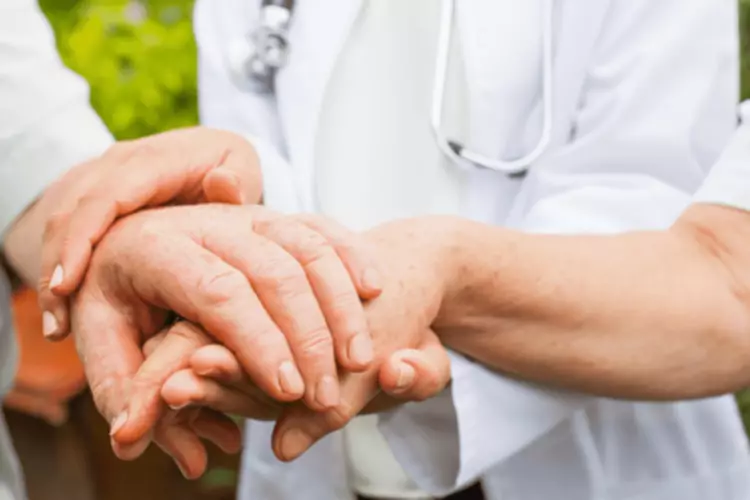
Studies have shown that alcohol, especially when consumed in large amounts, can disrupt the normal coagulation process, leading to both increased bleeding risks and, paradoxically, thrombotic events. Other side effects can vary depending on the specific type of blood thinner used, but they may include nausea, diarrhea, and bloating. Regular monitoring by healthcare professionals is essential to manage these side effects and adjust dosages as needed.
- While these drugs are effective, they can have side effects, and drinking alcohol while taking them can be dangerous.
- Alcohol should be limited while using Effient, especially among older adults.
- A more neutral effect was found with stroke deaths and non-fatal strokes.
- When combined with alcohol use, however, the risks become much more severe.
What are anticoagulants?
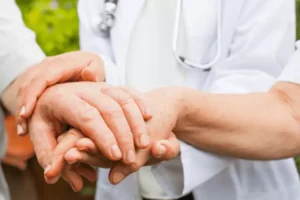
Certain foods can either amplify or diminish the effects of blood thinners. Foods high in Vitamin K, for instance, can reduce the effectiveness of warfarin by promoting clot formation. If you take Warfarin and drink alcohol, your blood can’t clot properly and you can experience major bleeding. For this reason, it’s advised that you limit your alcohol intake to one or two drinks. If you have high blood pressure, drinking many days in a row or drinking a lot in one setting are both very dangerous and can even be deadly. Elevated blood pressure places extra stress on the heart and increases https://ecosoberhouse.com/ the chances of heart attack, stroke and heart failure.
Causes & Risk Factors
A combination of medical advice from a health care provider, social, and family support is also essential. Your insurance plan may cover some or all of the cost of treatment for drug or alcohol addiction. Our online health insurance verification system will estimate your in-network and out-of-network deductibles, coinsurance percentages and out-of-pocket maximums. Within 5 minutes, you’ll receive an email with these details – free of charge. “If you’re on some blood thinners, studies show you should also stay clear of cranberry, grapefruit and pomegranate fruits and juices,” advises Dr. Bishop. The lowest risk of CAD deaths was found in people consuming approximately one to two alcoholic equivalents.
Symptoms, Causes, and Treatment of Deep Vein Thrombosis
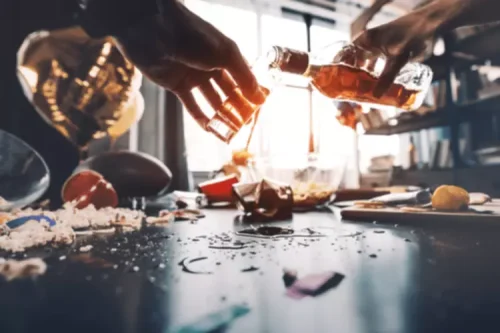
Below, we’ll shed light on blood thinners and alcohol the hidden dangers of mixing alcohol with blood thinners, providing essential insights for those navigating this complex terrain. We’ll also provide guidance on what to do if you find you’re unable to stop drinking despite your medication’s interactions with alcohol. Ultimately, the safest approach is to consult with a healthcare professional who can provide personalized guidance based on one’s health status and the type of blood thinner medication being used. Alcohol, in low to moderate amounts, thins the blood, potentially reducing the risk of clots. But moderation is key – and doctors don’t recommend drinking alcohol to protect against DVT.
- These drugs work by breaking fibrin formation causing the clot to dissolve.
- Alcohol, in low to moderate amounts, thins the blood, potentially reducing the risk of clots.
- Traumatic injuries are one of the most common causes of bleeding, but sometimes you can bleed spontaneously.
- Alcohol use should be limited while on Plavix, and specific cases should be discussed with a doctor.
- Alcohol can stimulate the liver to then increase production of HDL (high-density lipoprotein cholesterol), which can then work to break down LDL (low-density lipoprotein cholesterol).
- It is not recommended to drink beer or any other form of alcohol while on blood thinners.
Comparing Vyvanse alternatives: which other ADHD medications can I take?
One particular area of concern involves the interaction between alcohol and blood thinners—a common yet potentially dangerous combination. In fact, most blood-thinning medications will specifically advise against mixing them with alcohol. Blood thinners can be dangerous, increasing your risk of severe bleeding during an accident or with an injury.
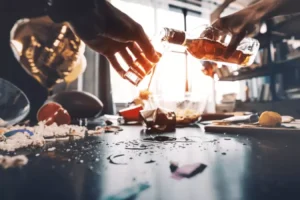
People taking blood thinners are cautioned against drinking alcohol, but research has found that it is generally safe when done so infrequently and in moderation. Speak to a healthcare provider before drinking alcohol while on blood thinners. For example, a blood clot can form elsewhere in the body and travel to the heart, lungs, or brain. This type of blockage can lead to marijuana addiction life-threatening conditions such as pulmonary embolism, stroke, or heart attack. Blood-clotting in the circulatory system is referred to as thrombosis. Blood thinners are medications given to people with a high risk of dangerous levels of blood-clotting.
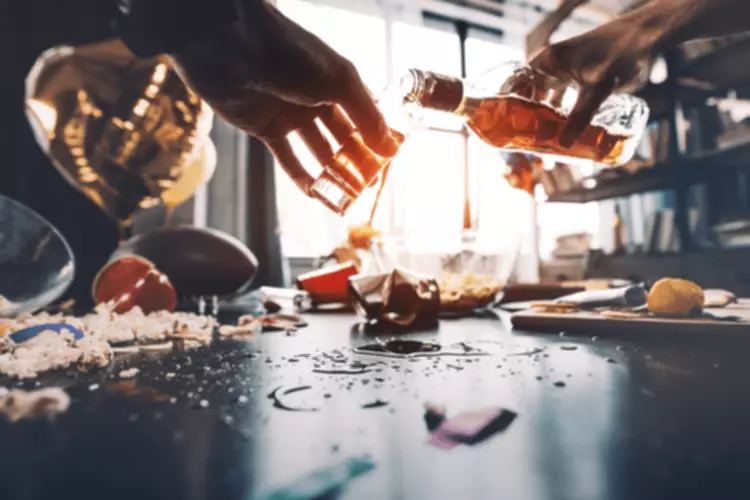
Deja una respuesta